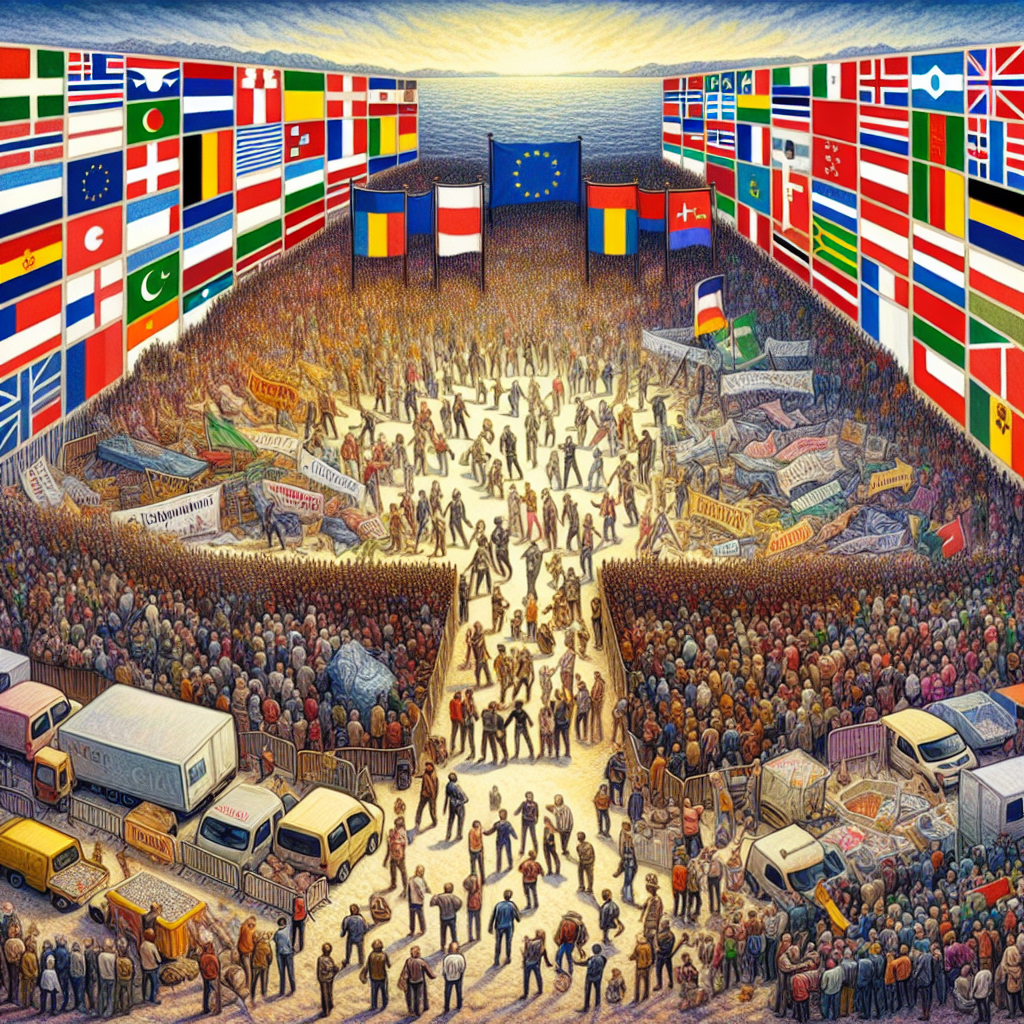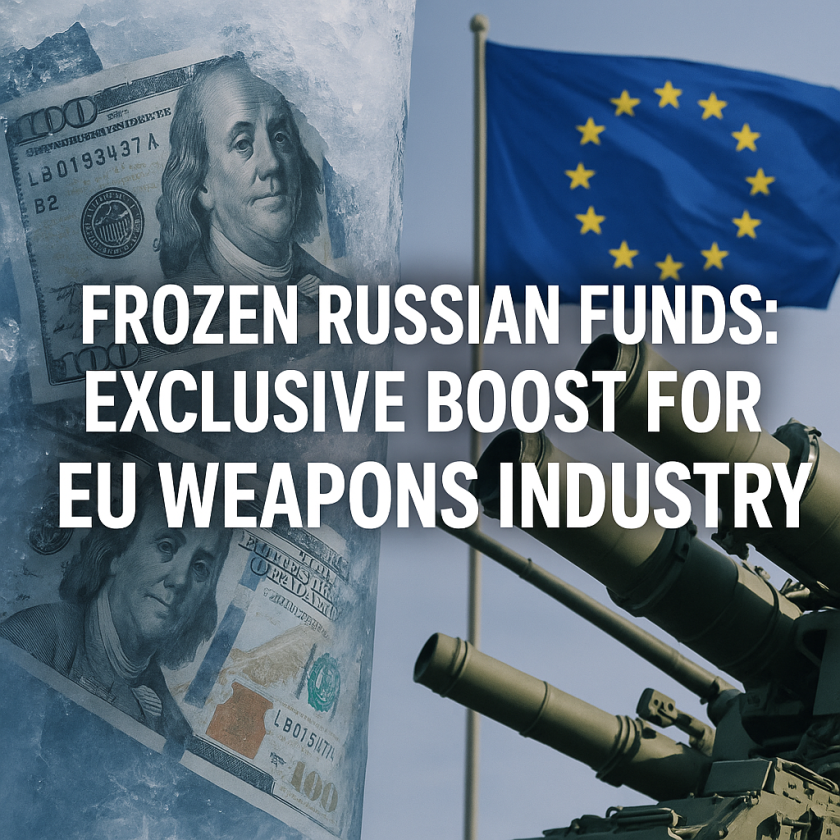Understanding the Shift in Europe’s Immigration Policies
Understanding the Shift in Europe’s Immigration Policies
Introduction to the Policy Shift
Europe is witnessing a significant transformation in its immigration policies, driven by a combination of socio-political factors and economic needs. This shift reflects a broader attempt to balance humanitarian responsibilities with national interests.
Key Drivers of Change
Several factors are influencing the evolution of immigration policies across Europe:
- Economic Needs: Aging populations and labor shortages are prompting countries to reconsider their immigration strategies to sustain economic growth.
- Political Pressures: Rising nationalism and anti-immigrant sentiments are pushing governments to adopt stricter controls.
- Humanitarian Concerns: Ongoing conflicts and crises in regions like the Middle East and Africa continue to drive asylum seekers to European shores.
Policy Innovations and Approaches
European nations are adopting diverse strategies to address immigration challenges:
- Selective Immigration: Countries are implementing point-based systems to attract skilled workers while limiting unskilled immigration.
- Enhanced Border Controls: Increased investment in border security and surveillance technologies aims to manage and monitor migration flows more effectively.
- Regional Cooperation: Collaborative efforts among EU member states seek to harmonize policies and share the burden of asylum seekers.
Impact on Migrants and Host Societies
The shift in policies has profound implications for both migrants and host countries:
- Migrant Integration: New policies emphasize integration programs to help immigrants assimilate and contribute to society.
- Social Tensions: Stricter policies may exacerbate social tensions and discrimination against immigrant communities.
- Economic Contributions: Properly managed immigration can bolster economic growth and innovation in host countries.
Conclusion
Europe’s evolving immigration policies reflect a complex interplay of economic, political, and humanitarian factors. While challenges remain, strategic approaches focusing on selective immigration, enhanced border controls, and regional cooperation offer pathways to balance national interests with global responsibilities. The success of these policies will depend on their ability to integrate migrants effectively and address the root causes of migration.








































